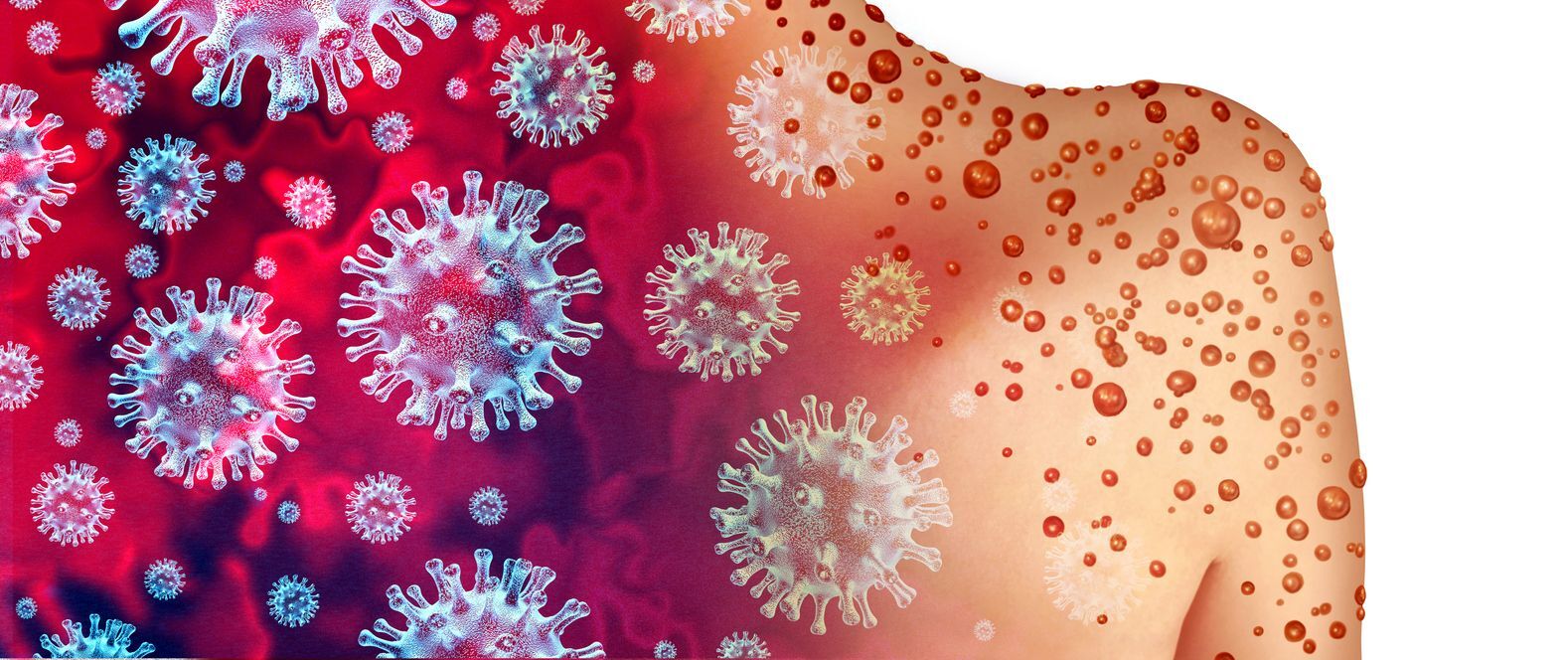ECDHD encourages people who have any rashes, or who suspect they might have mpox, to contact their primary health care provider. Those who test positive should isolate at home and stay away from others until the symptoms have gone away and the rash has healed completely.
The risk of infection for the general public continues to remain low.
About Mpox
Mpox is a rare disease caused by infection with the mpox virus. Mpox was first discovered in 1958 when two outbreaks of a pox-like disease occurred in colonies of monkeys kept for research. Despite being named “monkeypox”, the source of the disease remains unknown, however, African rodents and non-human primates (like monkeys) may harbor the virus and infect people.
The first human case of mpox was recorded in 1970. Since then, mpox has been reported in people in several other central and western African countries. Prior to the 2022 outbreak, nearly all mpox cases in people outside of Africa were linked to international travel to countries where the disease commonly occurs, or through imported animals.
Mpox in the United States
Scientists at the Centers for Disease Control and Prevention (CDC) are tracking multiple cases of mpox that have been reported in several countries that don’t normally report mpox, including the United States. CDC is working with state and local health officials to identify people who may have been in contact with individuals who have tested positive for mpox, so they can monitor their health.
For more information about cases of Mpox in the United States and around the world, please visit: https://www.cdc.gov/mpox/situation-summary/index.html
What You Should Do
Anyone with a rash that looks like mpox should talk to their healthcare provider, even if they don’t think they had contact with someone who has mpox. People who may be at higher risk might include but are not limited to those who:
- Had contact with someone who had a rash that looks like mpox or someone who was diagnosed with confirmed or probable mpox.
- Had skin-to-skin contact with someone in a social network experiencing mpox activity. This includes men who have sex with men who meet partners through an online website, digital application (“app”), or social event (e.g., a bar or party).
- Traveled outside the US to a country with confirmed cases of mpox or where mpox activity has been ongoing.
- Had contact with a dead or live wild animal or exotic pet that exists only in Africa or used a product derived from such animals (e.g., game meat, creams, lotions, powders, etc.).
Examples of Mpox Rash
Signs and Symptoms
Symptoms of mpox can include:
- Fever
- Headache
- Muscle aches and backache
- Swollen lymph nodes
- Chills
- Exhaustion
- A rash that can look like pimples or blisters that appears on the face, inside the mouth, and on other parts of the body, like the hands, feet, chest, genitals, or anus.
The rash goes through different stages before healing completely. The illness typically lasts 2-4 weeks.
Sometimes, people get a rash first, followed by other symptoms. Others only experience a rash.
Prevention
Take the following steps to prevent getting mpox:
- Avoid close, skin to skin contact with the mpox rash.
- Do not touch the rash or scabs of person with mpox.
- Do not kiss, hug, cuddle or have sex with someone with mpox.
- Do not share eating utensils or cups.
- Do not handle or touch the bedding, towels, or clothing of a sick person.
- Wash your hands often with soap and water or use an alcohol-based hand sanitizer, especially after contact with sick people.
- In Central and West Africa, avoid contact with animals that can spread mpox virus, usually rodents and primates. Also, avoid sick or dead animals, as well as bedding or other materials they have touched.
A person who is sick with mpox should isolate at home. If they have an active rash or other symptoms, they should be in a separate room or area from other family members and pets when possible.
For more information about mpox, please visit https://www.cdc.gov/mpox/?CDC_AAref_Val=https://www.cdc.gov/poxvirus/mpox/index.html
Frequently Asked Questions
Find the answer to your frequently asked questions here.

